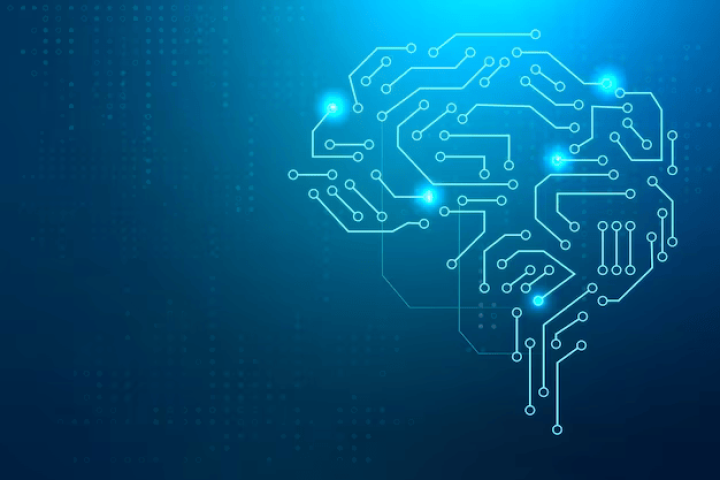AI's Double-Edge Sword: The Rise and Challenges of AI Detectors
In the rapidly advancing world of artificial intelligence, the quest for reliable detection tools has garnered significant attention. Associate Professor Soheil Feizi, a faculty member at the University of Maryland’s Department of Computer Science, has been at the forefront of AI research and its implications. With a reputation for delving into intricate challenges of the digital age, Feizi’s expertise puts him in a unique position to assess the reliability and challenges of emerging AI detectors such as GPTZero, which is a leading AI detector for checking whether a document was written by a large language model such as ChatGPT.
Almost immediately after the AI detector launched, skeptics on social media started posting embarrassing examples of the tool misclassifying texts. Someone pointed out that it flagged portions of the US Constitution as possibly AI-written. Mockery gave way to outrage when stories of students falsely accused of cheating due to GPTZero began to flood Reddit. At one point, a parent of one such student reached out to Feizi. “They were really furious,” Feizi said. Last fall, before GPTZero debuted, Feizi and some other Maryland colleagues had begun putting together a research project on the problems with AI detectors, which he’d suspected might not be reliable. Now GPTZero and its imitators got him thinking they could do more harm than good.
Click HERE to read the full article
The Department welcomes comments, suggestions and corrections. Send email to editor [-at-] cs [dot] umd [dot] edu.
